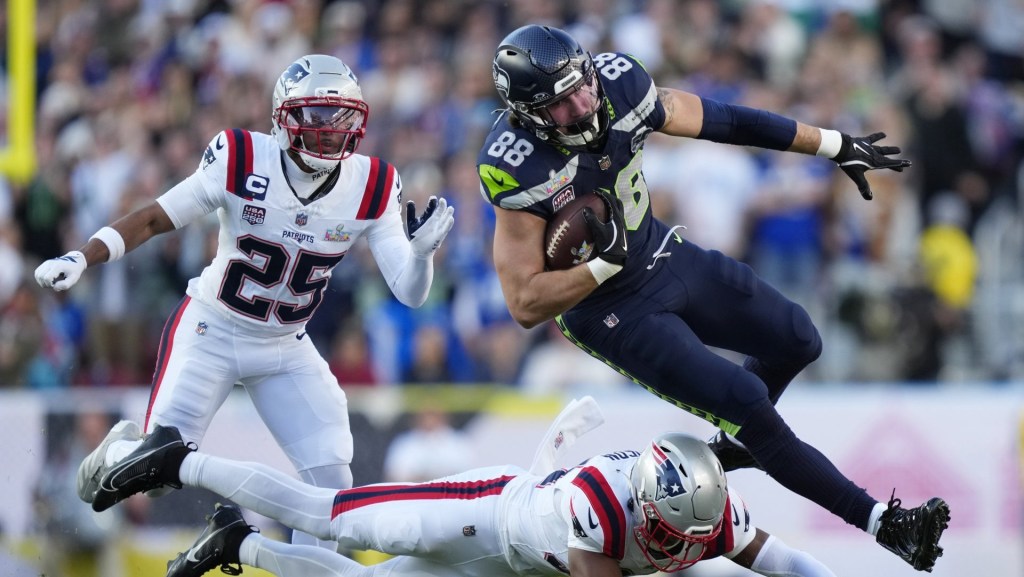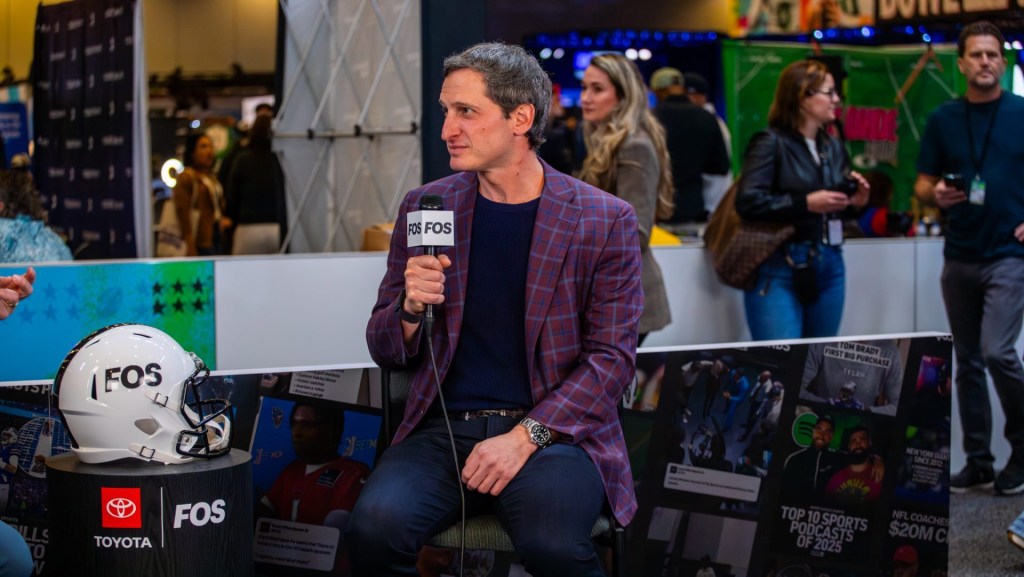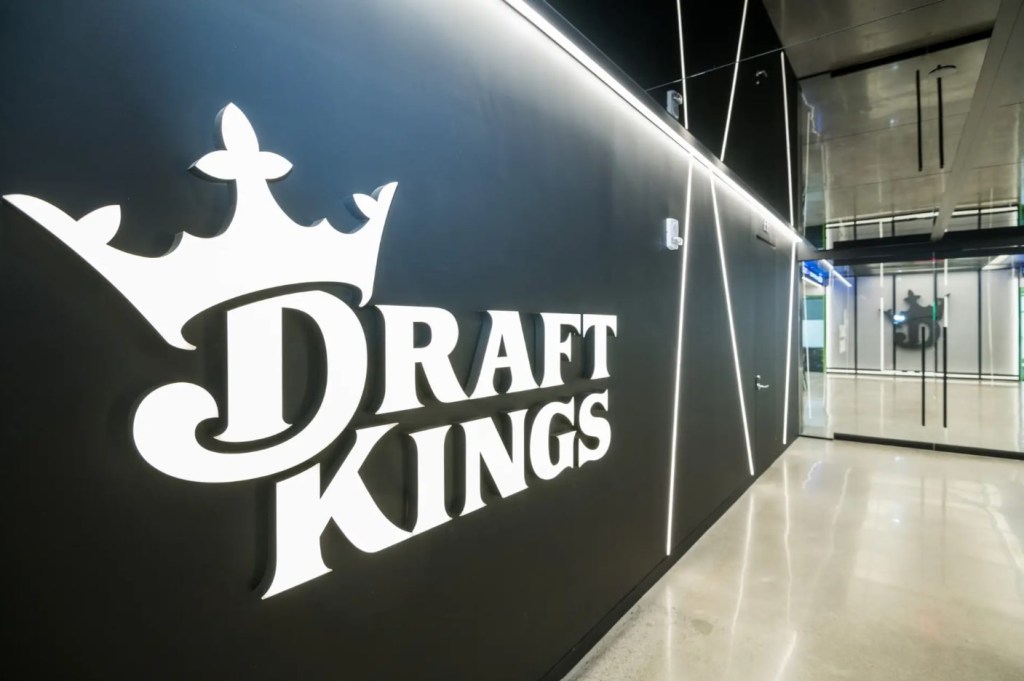The NCAA wants Kalshi to make clear they have no formal relationship.
The college sports governing body sent a letter to Kalshi on Monday expressing concern that language on its platform suggests an official affiliation. The NCAA was particularly unhappy with Kalshi using the phrase “outcome verified from NCAA” in connection with event contracts for NCAA games.
“The NCAA is concerned that this language will imply to the consuming public that the NCAA has some relationship with Kalshi which involves the NCAA ‘verifying’ or ‘approving’ data for Kalshi,” the letter said. “Given the NCAA’s stance on sports betting, this could cause significant harm to the value and goodwill of the NCAA brand.”
The NCAA has historically opposed sports betting, though its stance has softened as the practice has become more mainstream. Last month, new rules were approved to allow current college athletes to bet on professional sports—although implementation was delayed following the NBA gambling scandal and the NCAA’s own investigation into about 30 current or former men’s basketball players for potential gambling violations.
While the NCAA may be moving toward allowing its athletes to bet on pro—not college—sports, it does not want Kalshi giving the impression of any formal connection. The organization asked Kalshi to revise the language on its platform and to add a disclaimer to any page related to NCAA games.
A Kalshi spokesperson said Monday the company is “working on adjusting the language on our site.”
The letter also raised broader integrity concerns, asking whether Kalshi will cooperate with NCAA investigations into potential violations, including by “prohibited” customers such as coaches, officials, or athletes. Additionally, the NCAA asked whether Kalshi will ban prop bets, noting state regulators share its view that such markets increase integrity and harassment risks.
Kalshi said it “has robust market integrity provisions required by our status as a federally licensed financial exchange” and is “currently reviewing and addressing” all of the NCAA’s requests.
The letter comes less than two weeks after Kalshi—and its primary competitor, Polymarket—secured multiyear agreements as “official prediction markets partners” of the NHL, gaining access to proprietary data and the right to use NHL logos. Kalshi also has a deal with Pro Padel League, but it has yet to gain support from other top pro leagues like the NBA, NFL, and MLB.
A source familiar with the NFL’s thinking tells Front Office Sports the league “is not considering these partnerships.” In August, the NFL expressed concern about the lack of regulatory requirements for prediction markets when compared to legalized sports betting. Under NFL policy, players and league personnel cannot currently trade on NFL games on platforms like Kalshi and Polymarket, although they are allowed to trade on non-NFL events as long as they aren’t doing it while at work. That’s the same as the league’s sports betting policy.
The NFL and MLB declined to comment Tuesday, and a representative for the NBA did not immediately respond to a request for comment.
Kalshi recently raised $300 million at a $5 billion valuation and has reportedly received recent takeover interest, but among the main players in prediction markets, it seems to be facing the most pushback. Since launching sports event contracts in January, the company has faced numerous cease-and-desist orders from state regulators—most recently in New York. In turn, Kalshi has sued regulators in multiple states. It has also been hit with state court lawsuits that also name Robinhood as a defendant.
Polymarket had been barred from operating in the U.S. since 2022 until recently, but it is planning to relaunch in the country imminently, reportedly with a focus on sports. DraftKings and FanDuel have each recently reached deals to enter prediction markets.
Kalshi spokesperson Sara Slane tells FOS that “it’s no surprise we’ve got a target on our back—that comes with doing something right.”
She says the company has been “proactive from the start” in reaching out to leagues, including the NCAA, “because we want a partnership.”
“We want to use official league data, promote integrity, and do what is best for our consumer,” Slane says. “Our deal with the NHL demonstrates how integrity and innovation can coexist under one federal framework—a much cleaner solution than the state-by-state patchwork leagues face today.”
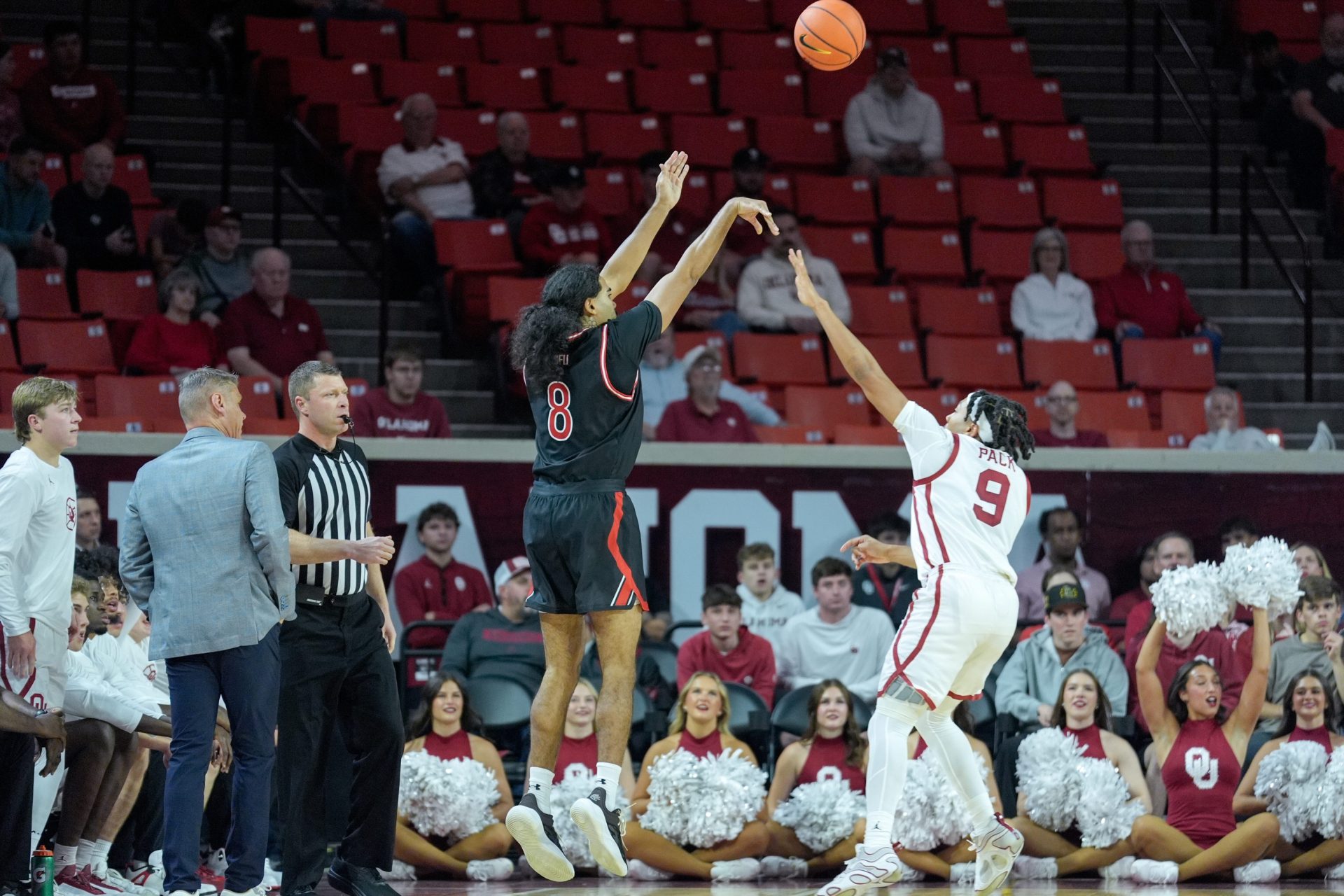
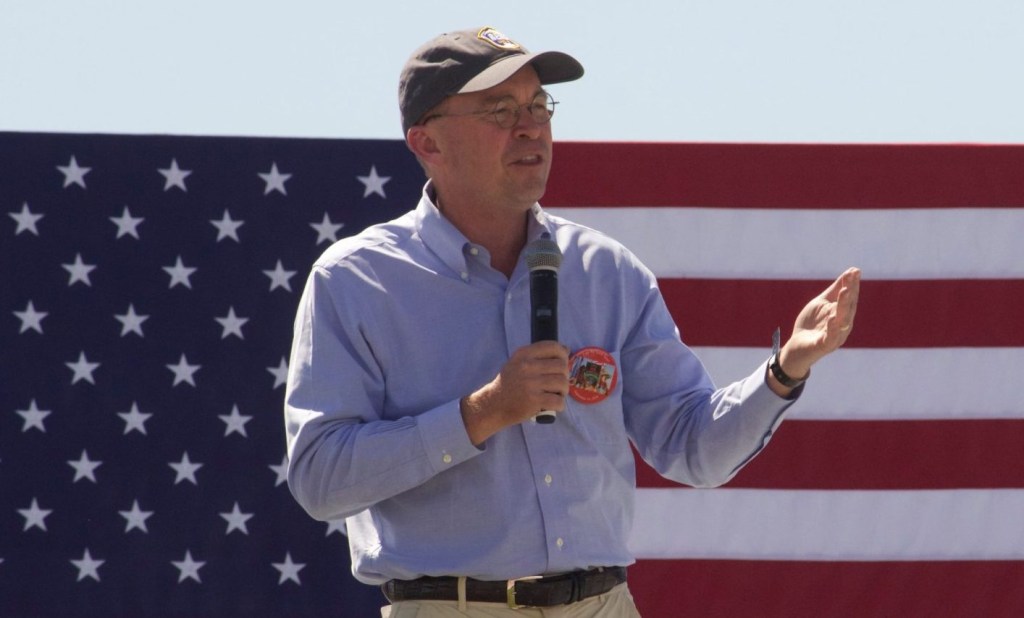




![[Subscription Customers Only] Jun 15, 2025; Seattle, Washington, USA; Botafogo owner John Textor inside the stadium before the match during a group stage match of the 2025 FIFA Club World Cup at Lumen Field.](https://frontofficesports.com/wp-content/uploads/2026/02/USATSI_26465842_168416386_lowres-scaled.jpg?quality=100&w=1024)
![[Subscription Customers Only] Jul 13, 2025; East Rutherford, New Jersey, USA; Chelsea FC midfielder Cole Palmer (10) celebrates winning the final of the 2025 FIFA Club World Cup at MetLife Stadium](https://frontofficesports.com/wp-content/uploads/2026/02/USATSI_26636703-scaled-e1770932227605.jpg?quality=100&w=1024)

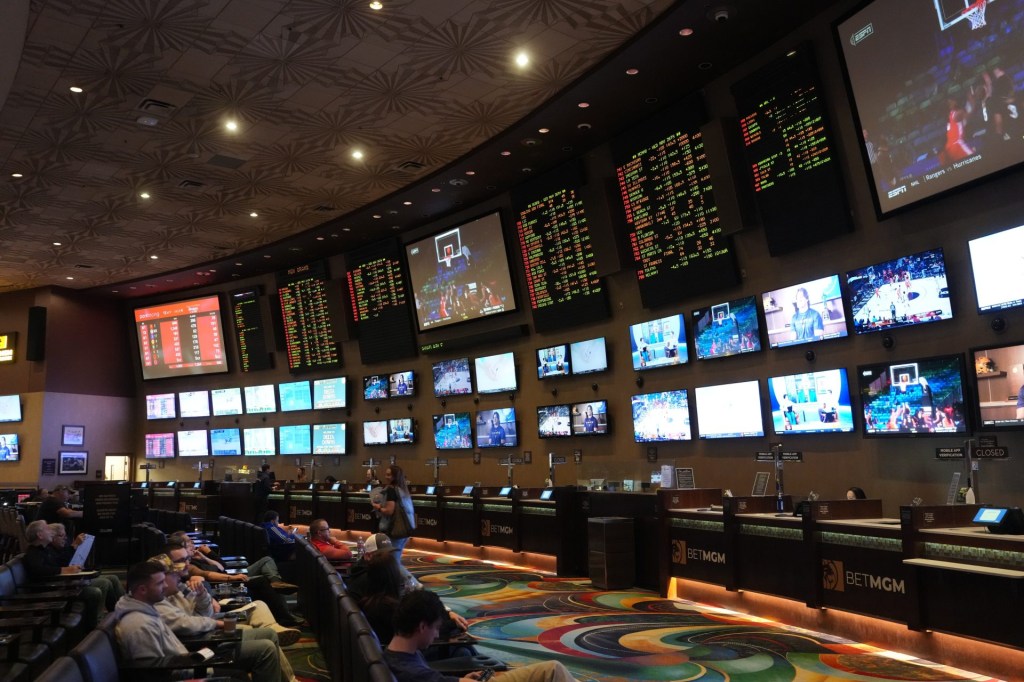
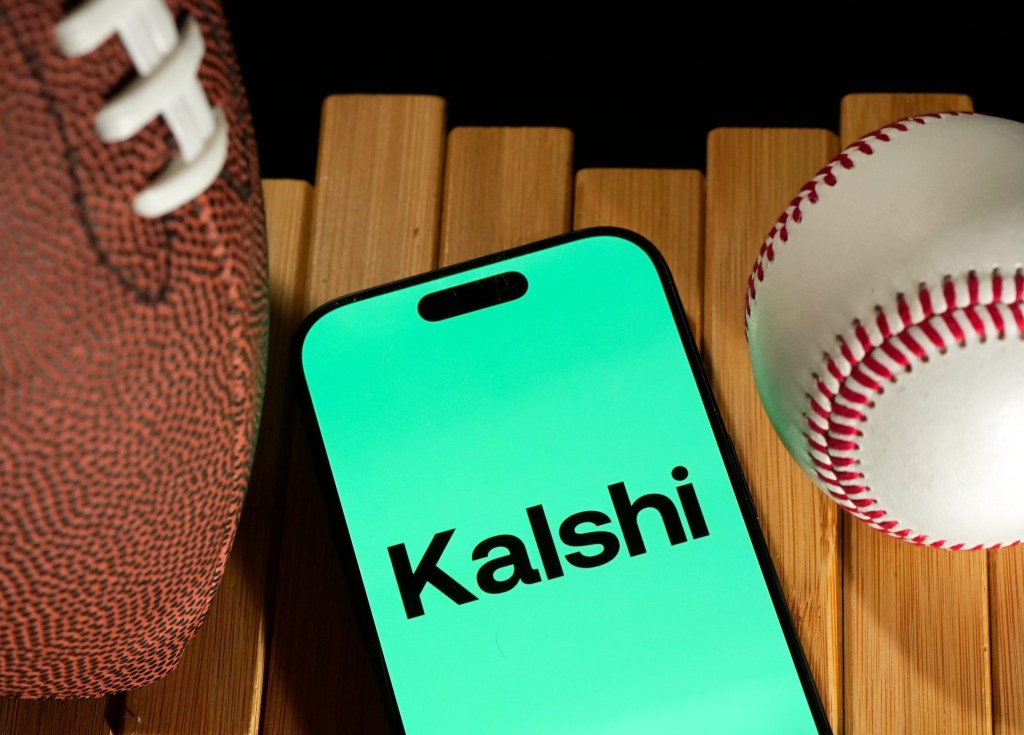
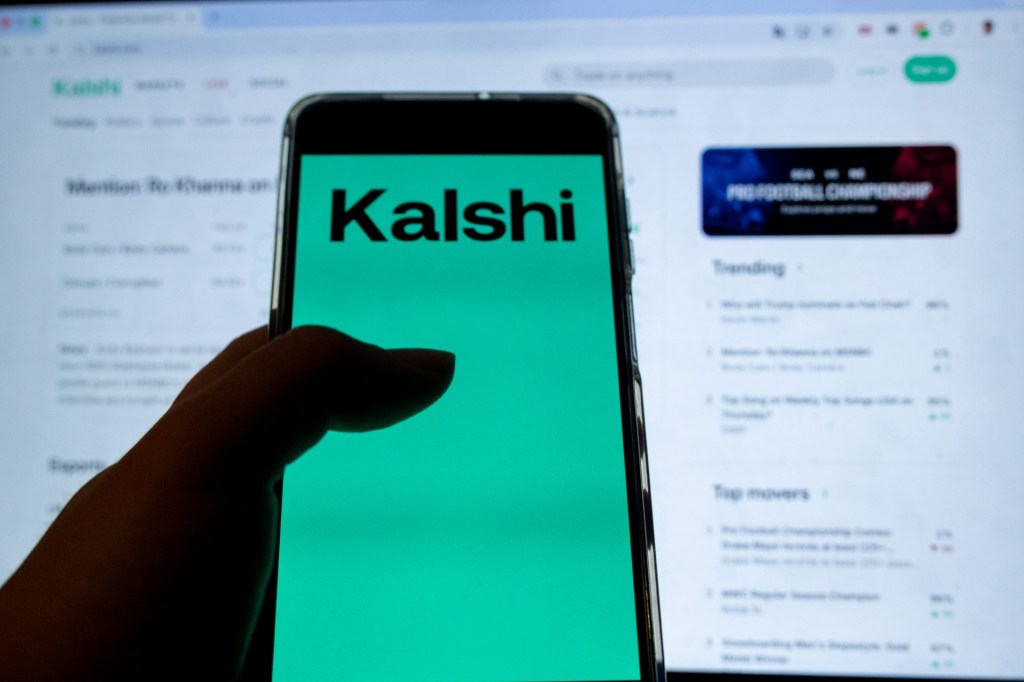

![ESPN Bet broadcasts inside the PGA Tour Studios building in Ponte Vedra Beach, Florida, on March 14, 2025. [Clayton Freeman/Florida Times-Union]](https://frontofficesports.com/wp-content/uploads/2026/02/USATSI_25668497_168416386_lowres-1-scaled.jpg?quality=100&w=1024)
